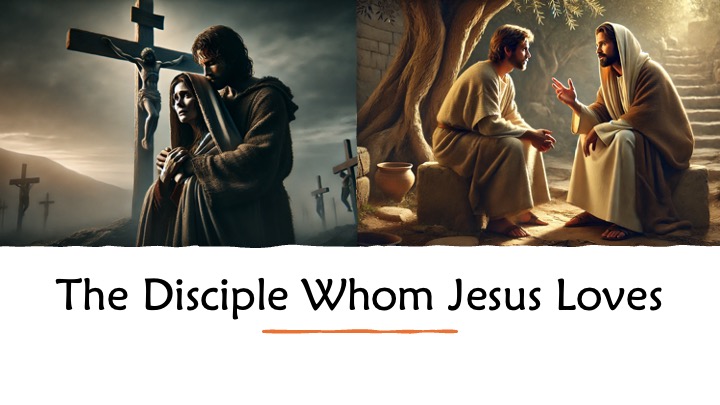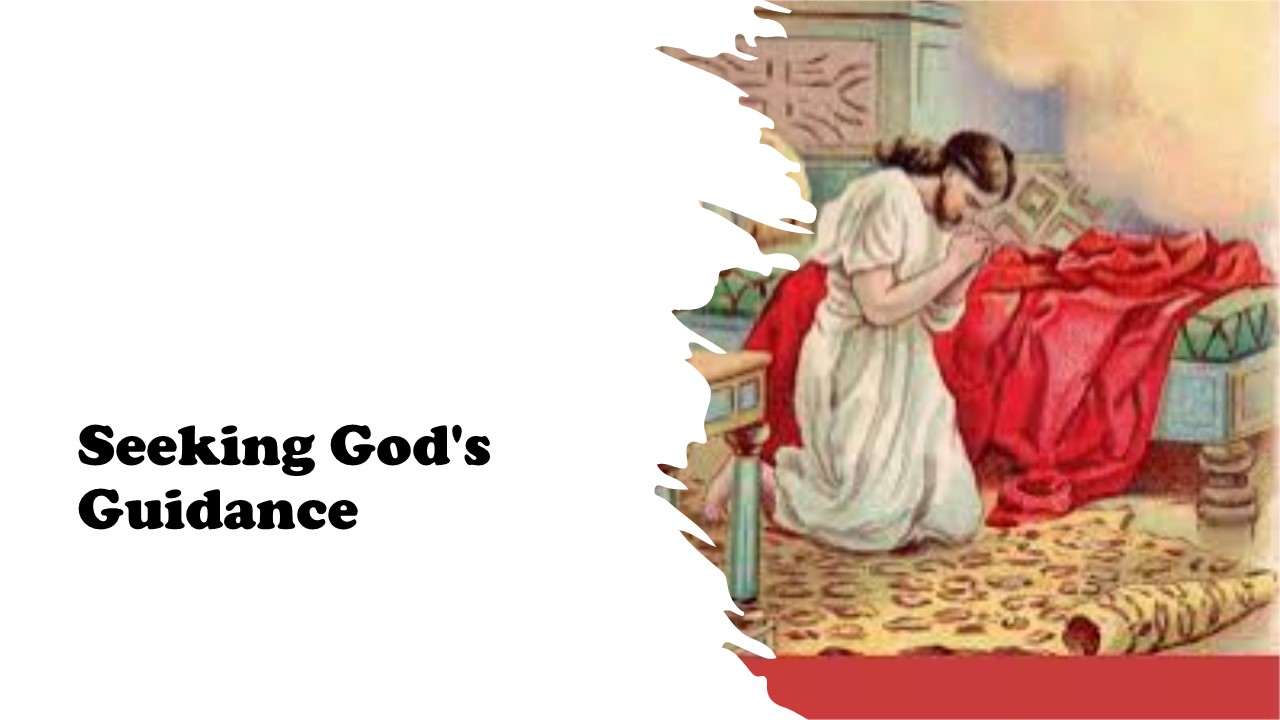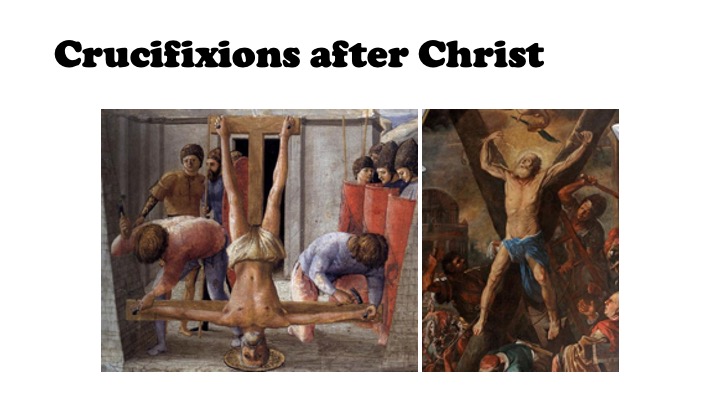Many Christians talk about the importance of loving God and loving others, and rightly so. Jesus declared these to be the greatest commandments (Mark 12:28–34; see Deuteronomy 6:4–5 and Leviticus 19:18). The idea that we are to love others is sometimes more specifically stated as the call to love one’s neighbor as oneself. In light of that: “Who is my neighbor?” becomes a natural question to ask.
The command to love one’s neighbor as oneself comes originally from Leviticus 19:18, which says, “Do not seek revenge or bear a grudge against anyone among your people, but love your neighbor as yourself. I am the Lord.” The Jews of Jesus’ day would largely have understood their “neighbor” to be their fellow Israelites. But God has a broader definition in mind. Loving one’s neighbor is more than simply loving those who are like us and who can love us in return.
We explore the notion of loving one’s neighbor as it pertained to the life of a slave girl, Harriet Jacobs. We use that story to challenge our notion of how neighborly we are today. Additional scriptures referenced include Luke 10:25-37; Matthew 5:44–48; John 3:16–18; Romans 1:19–20; 2 Peter 3:9; John 1:12; Isaiah 58: John 14:6; Acts 4:12; 1 John 4:7–12; Colossians 4:5–6; and 1 Peter 3:15–16.

Part 7 of The Disciple Whom Jesus Loves opens with the disciples reflecting on the remarkable transformation they witnessed in Sychar. Jesus uses the...

In 2 Chronicles 1, Solomon, the son of David, assumes the throne of Israel after his father's death. As he settles into his role...

Crucifixion was a brutal and humiliating form of execution used by ancient civilizations, such as the Persians, Egyptians, Assyrians, and Scythians, and later adopted...